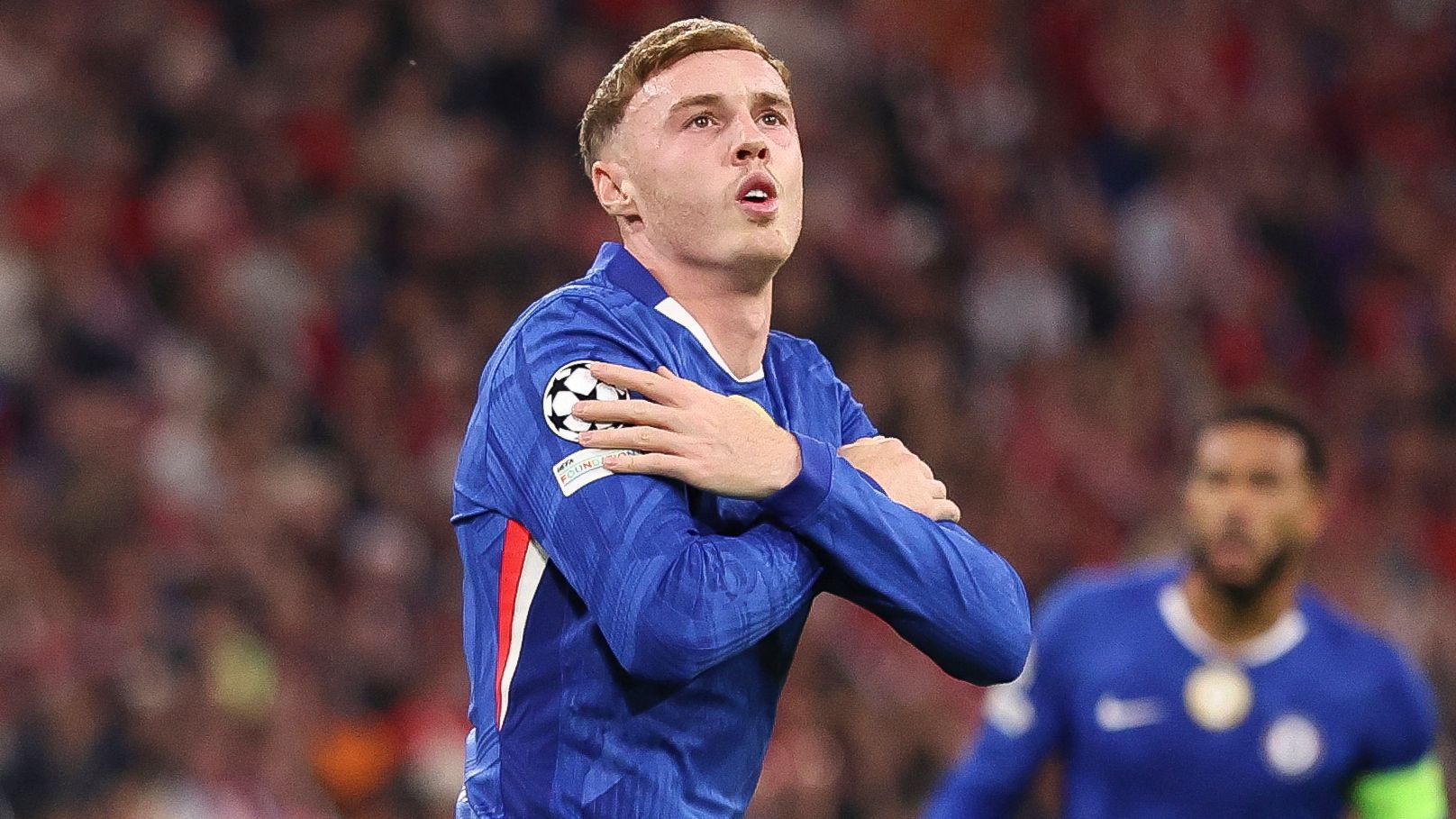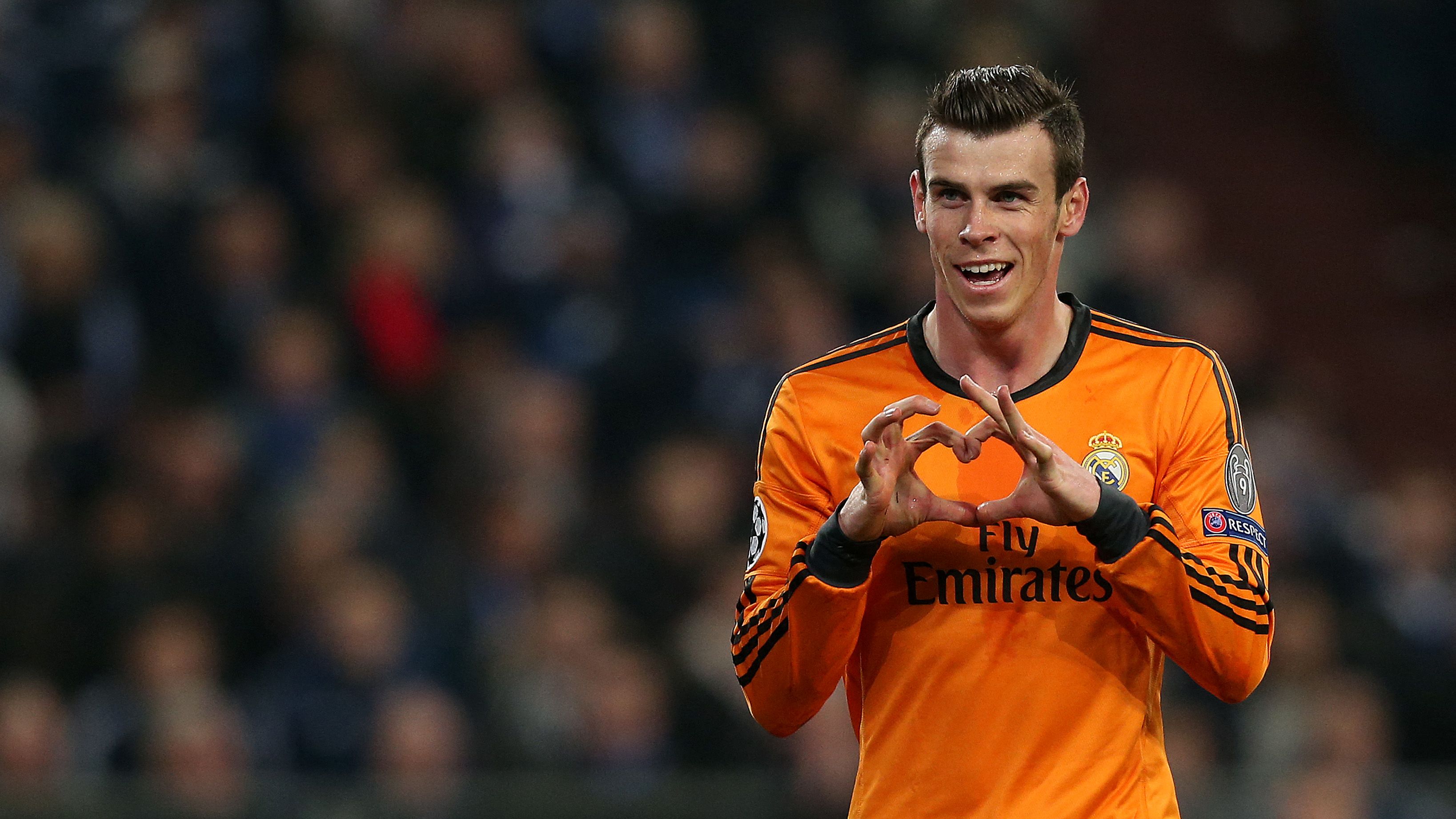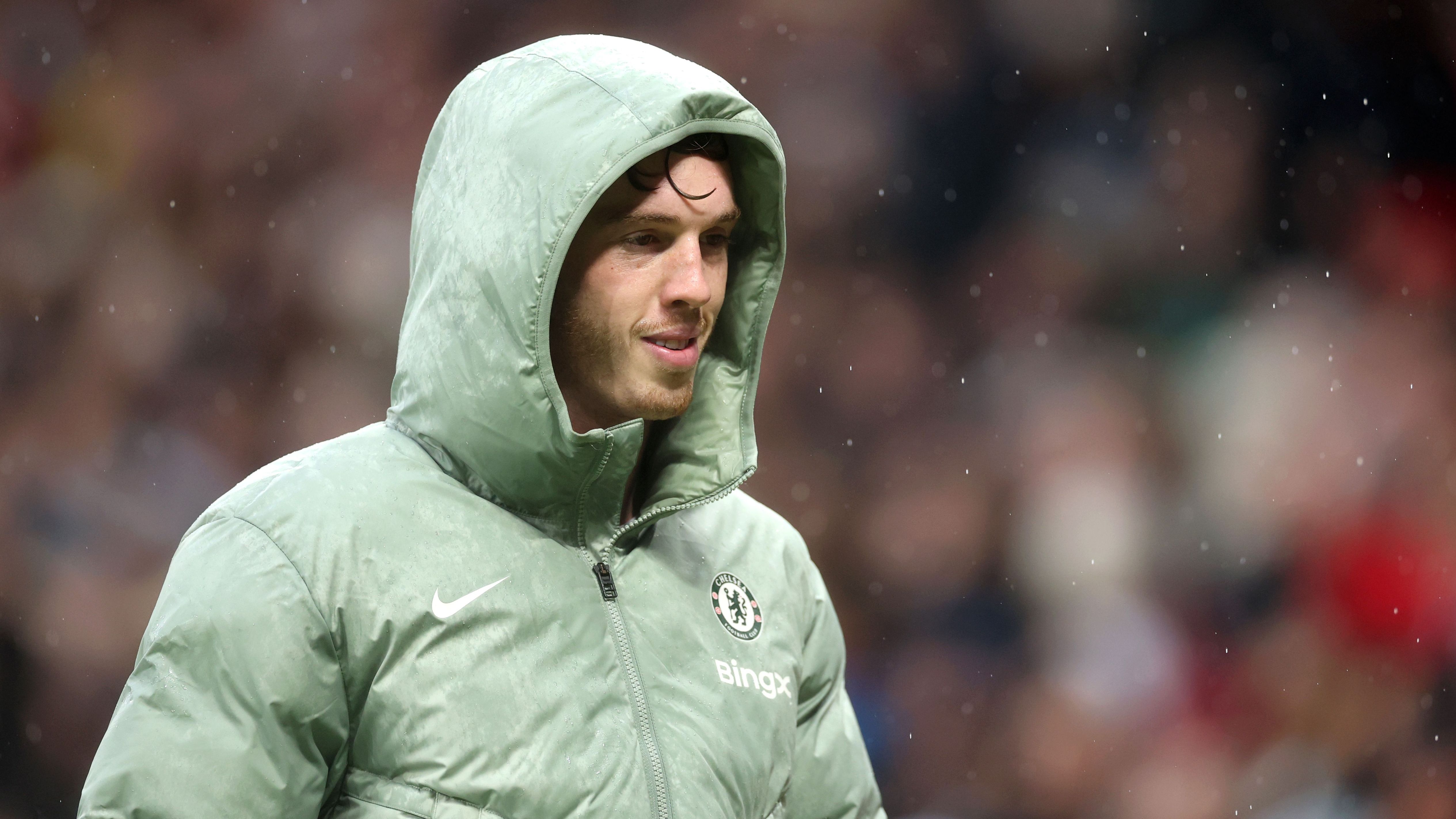Cole Palmer’s Brand Evolution: Securing the ‘Cold Palmer’ Trademark
In the dynamic world of football, Cole Palmer is making waves not just with his skills on the field but also by expanding his personal brand. The Chelsea star has successfully navigated the trademark process, gaining exclusive rights to his popular nickname, setting the stage for innovative ventures off the pitch.



The Journey to Trademark Approval for Cole Palmer’s Nickname
Last November, the young talent submitted his request to the UK’s Intellectual Property Office, and recent reports confirm that this effort was officially greenlit just days ago. This milestone provides the English player with sole authority over the phrase ‘Cold Palmer’, safeguarding it for commercial use until late 2034, with options to extend for another decade thereafter.
Exploring the Range of Products Under the Trademark
At just 23, Palmer’s vision encompasses a wide array of items that he plans to market under this protected name. Among the highlights are personal care essentials like soaps and bath additives, everyday snacks, grooming tools such as razor blades, tech accessories including phone cases and drones, recreational options like underwater exploration gear, office supplies, festive items such as Christmas novelties, and even cuddly toys like teddy bears.
Navigating Challenges in the Trademark Process
Challenges arose when a French vineyard raised objections, prompting adjustments from Palmer’s team at Palmer Management Limited. They promptly removed any mentions related to wine from the proposal, ensuring the trademark remains valid for other adult beverages while avoiding potential conflicts.
Pursuing Protection for His Signature Celebration
Building on this success, the athlete is now seeking to protect his distinctive ‘shivering celebration’, the very move that inspired his nickname. Though this request is still under review, it features a brief clip showing the gesture, which could prevent businesses from capitalizing on it commercially without permission.
The Origins and Implications of the Celebration
This safeguard wouldn’t limit other sports figures from adopting similar expressions; it simply reserves commercial rights. Palmer drew inspiration from his time with Morgan Rogers in Manchester City’s junior squads, and he debuted the routine during a match for Chelsea against Luton Town in late 2023. Even if someone else pioneered the idea, registering it remains feasible under current regulations.
Cole Palmer Joins the Ranks of Football Icons Monetizing Their Identities
This approach mirrors strategies employed by many prominent athletes in the sport, who have turned their public personas into profitable assets.
Case Studies of Trademark Wins by Global Stars
For instance, in 2020, Lionel Messi triumphed in a prolonged dispute with a Spanish cycling firm over his name, overcoming claims of logo similarities through a ruling from the EU’s intellectual property authority. Today, Messi’s collection boasts over 136 registered marks. Similarly, Cristiano Ronaldo has secured trademarks for his CR7 branding and iconic ‘Siuuu’ chant, Kylian Mbappe has held rights to his crossed-arms pose since 2019, and Gareth Bale has protected his ‘Eleven of Hearts’ gesture for more than a decade.
Cole Palmer’s Rising Profile and Partnership Opportunities
His on-field prowess has elevated Palmer to a sought-after figure for top-tier companies. As a key endorser for Nike, a worldwide representative for Beats By Dre, and a featured personality in a recent Burberry initiative, any future use of the ‘Cold Palmer’ branding by these partners would require formal arrangements with him directly.
Potential Implications for His Club and Sponsors
This extends to his team, Chelsea, where standard contracts typically don’t address such intellectual assets. According to insights from intellectual property expert Karen Lee of Edwin Coe in London, entities like Chelsea or his backers would need explicit approval or a licensing deal, potentially opening new income avenues for Palmer.
Strategic Growth and the Balance with On-Field Performance
It seems Palmer is increasingly focusing on long-term business strategies beyond soccer, though the effectiveness of these plans hinges on his continued excellence in games. Apart from a brief dry spell last season, his recent health issues mark the biggest hurdle since joining Chelsea in west London.
Addressing Current Health Setbacks
Over recent months, the midfielder has dealt with a persistent groin injury, sidelining him since Chelsea’s narrow defeat to Manchester United in September. The ongoing international pause might offer a window for recuperation before their upcoming fixture against Forest on October 18, but his comeback remains uncertain.
Who is Cole Palmer?
Cole Palmer, the rising star in English football, has captured the attention of fans worldwide with his exceptional skills and composure on the pitch. As a key player for Chelsea and the England national team, Palmer has quickly become known for his precise passing, clinical finishing, and unflappable demeanor under pressure. In recent years, this young talent has not only made headlines for his on-field performances but also for his savvy off-field decisions, including branding and intellectual property moves like securing the trademark for his popular nickname, “Cold Palmer.”
The moniker “Cold Palmer” stems from Palmer’s ability to stay calm and deliver in high-stakes situations, much like a cool, calculated force. This nickname has gained traction among fans, social media enthusiasts, and sports commentators, making it a valuable asset for personal branding. In a world where athletes leverage their image for endorsements, merchandise, and media deals, Palmer’s move to trademark “Cold Palmer” in the UK highlights the growing intersection of sports and business.
The ‘Cold Palmer’ Trademark Journey
The process of securing UK Government approval for the “Cold Palmer” trademark involved navigating the UK’s Intellectual Property Office (IPO). Palmer filed for the trademark to protect his nickname from unauthorized use in various categories, such as clothing, merchandise, and digital content. This step is crucial in an era where nicknames can become viral memes or commercial products, potentially leading to revenue streams from branded apparel or online content.
According to reports, the UK Government, through the IPO, granted approval for the trademark after reviewing its originality and ensuring it didn’t conflict with existing marks. This approval underscores the importance of intellectual property rights for public figures, allowing them to monetize their personal brand securely. For Palmer, this means exclusive rights to use “Cold Palmer” in commerce, preventing others from capitalizing on his fame without permission.
Benefits of Trademarking a Nickname for Athletes
Trademarking a nickname like “Cold Palmer” offers several key advantages that go beyond mere legal protection. First, it safeguards an athlete’s identity, ensuring that their brand remains authentic and profitable. For instance, Palmer can now explore partnerships with sportswear brands or launch his own line of “Cold Palmer” merchandise, potentially increasing his net worth and fan engagement.
Another benefit is the potential for long-term financial growth. In the competitive world of professional sports, where careers can be short-lived, owning a trademarked nickname provides a pathway to diversify income through licensing deals, endorsements, and even NFTs. This strategy has helped athletes build legacies that extend far beyond the field, turning a simple nickname into a multimillion-pound asset.
Additionally, trademark protection enhances an athlete’s control over their public image. With social media amplifying nicknames into global trends, securing rights prevents misuse, such as in counterfeit products or misleading endorsements, which could harm reputation. For Cole Palmer, this approval solidifies his status as a forward-thinking player in the Premier League, setting a precedent for peers like other young stars trademarking monikers such as “The Beast” or “Ice Man.”
Practical Tips for Trademarking Your Own Nickname
If you’re an aspiring athlete, influencer, or public figure inspired by Cole Palmer’s trademark success, here’s how you can protect your own nickname effectively. Start by conducting a thorough search on the UK Intellectual Property Office website to check if your desired nickname is already in use. This step helps avoid legal conflicts and ensures your application stands a better chance of approval.
- Choose the Right Categories: When filing, select categories that align with your potential uses, such as Class 25 for clothing or Class 41 for entertainment services. This targeted approach, as seen with Palmer’s application, maximizes the trademark’s value.
- Gather Supporting Evidence: Document how your nickname is uniquely associated with you, like through social media posts, fan interactions, or media coverage. This evidence can strengthen your case during the review process.
- Work with Professionals: Engage a trademark attorney or intellectual property expert to handle the paperwork and respond to any objections from the IPO. Their expertise can streamline the process and save you time and money.
- Monitor and Enforce: After approval, actively monitor for infringements using tools like online alerts. If violations occur, be prepared to enforce your rights through cease-and-desist letters or legal action, just as Palmer might need to in the future.
Case Studies of Similar Trademark Successes
Looking at other athletes who have successfully trademarked nicknames provides valuable insights into Cole Palmer’s strategy. For example, NBA star LeBron James trademarked phrases like “King James” early in his career, which has allowed him to build a billion-dollar empire through branded products and media ventures. Similarly, tennis legend Serena Williams protected her “Serena Slam” nickname, turning it into a symbol of her dominance and using it for motivational content and apparel lines.
In the UK context, footballer Marcus Rashford trademarked variations of his name for charitable and commercial purposes, which amplified his advocacy work and partnerships. These case studies illustrate how trademarking can evolve a nickname from a fan term into a powerful business tool, much like Palmer’s “Cold Palmer” is poised to do.
First-Hand Experiences from the Sports Industry
Drawing from interviews and reports in the sports world, many athletes share firsthand accounts of the transformative power of trademarking. One former Premier League player recounted how trademarking his nickname helped negotiate better endorsement deals, stating, “It gave me ownership of my story and opened doors I never expected.” This sentiment echoes Palmer’s potential path, where securing “Cold Palmer” could lead to exclusive deals with global brands.
Experts in sports marketing also emphasize the psychological boost: knowing your brand is protected allows athletes to focus on performance without worrying about exploitation. As Palmer continues to shine on the pitch, his trademarked nickname could serve as a testament to the forward-thinking mindset that’s becoming standard in modern athletics.









